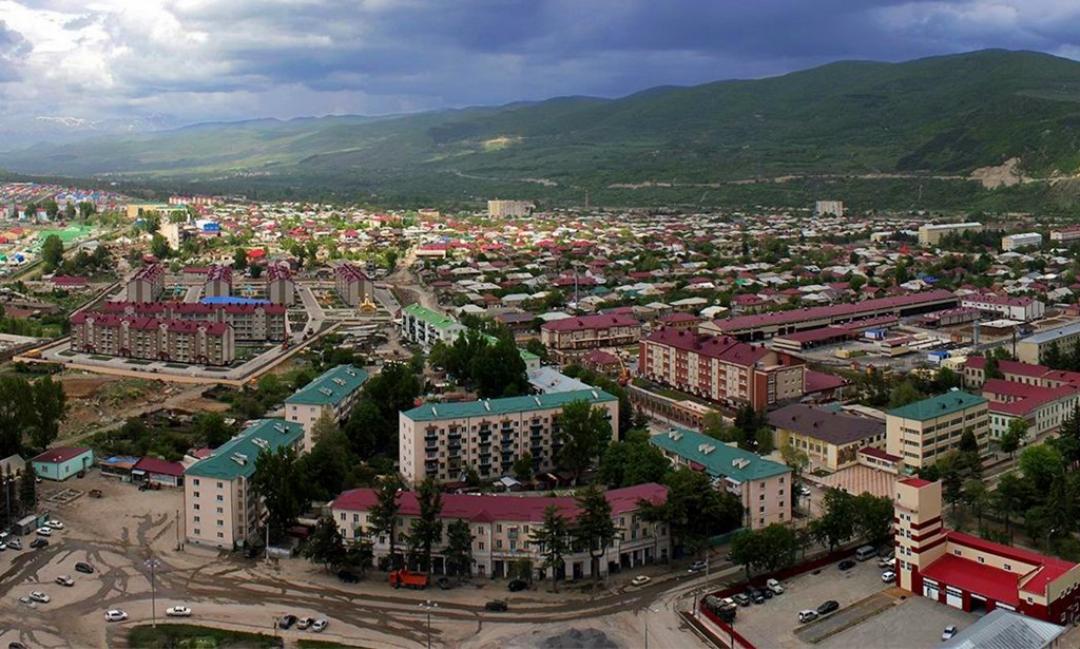
Russia Launches Reforms in Separatist South Ossetia, Aiming to Boost Economy, Energy Infrastructure, and Budget Revenues

On February 5, during a meeting on socio-economic cooperation between Russia and the de facto authorities of South Ossetia in Tskhinvali, Russian Deputy Minister of Economic Development Dmitry Volvach announced the launch of a series of economic reforms in the breakaway region.
Volvach stated that the reforms would introduce institutional and structural changes, initiate a new investment cycle, and aim to stimulate economic growth. Among the key priorities, he highlighted improving efficiency, expanding energy infrastructure, and ensuring a stable electricity supply and payment system.
"As the economy grows, so will its needs, and energy consumption will naturally increase," he noted.
He emphasized the importance of fiscalization, digitalization, and increasing budget revenues, adding that efforts would continue to strengthen "sovereignty," economic self-sufficiency, living standards, and diversification. Additionally, he outlined plans to significantly increase trade turnover between South Ossetia and Russia.
According to Volvach, the three-year state development program has helped address critical issues through effective resource management. He pointed to progress in customs legislation reforms and financial sector development, stating:
"We have made key decisions that lay a strong foundation for the republic’s financial system."
Volvach reported economic growth, wage increases, and higher budget revenues over the past year. Looking ahead, he outlined plans for further digitalization of the fiscal system to ensure fair and transparent control over customs and tax payments while reducing pressure on businesses.
To support these initiatives, delegations from Russia’s Federal Customs Service and Federal Tax Service have arrived in South Ossetia.
He also acknowledged the presence of representatives from Russia’s Health and Education Ministries, who will continue working on ongoing projects launched last year.
See Also


Mirzoyan Meets US Deputy Assistant Secretary Joshua Huck

Azerbaijani President Holds Talks with UAE and German Business Delegations on Economic Cooperation

Grigoryan Confirms Armenia’s Readiness to Dissolve OSCE Minsk Group Upon Peace Treaty Signing

Azerbaijani Official Warns of Ecological Risks to Caspian Sea, Similar to Lake Urmia and Aral Sea

